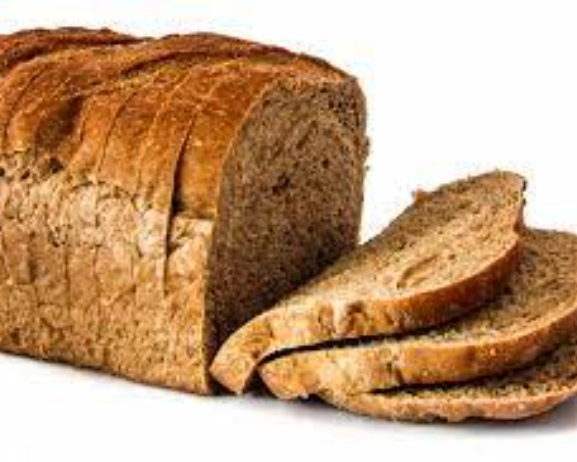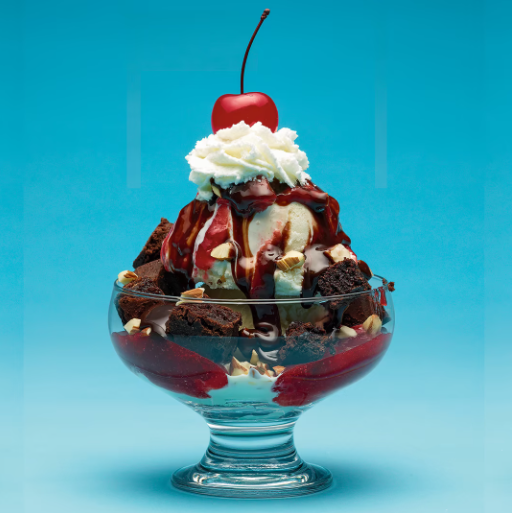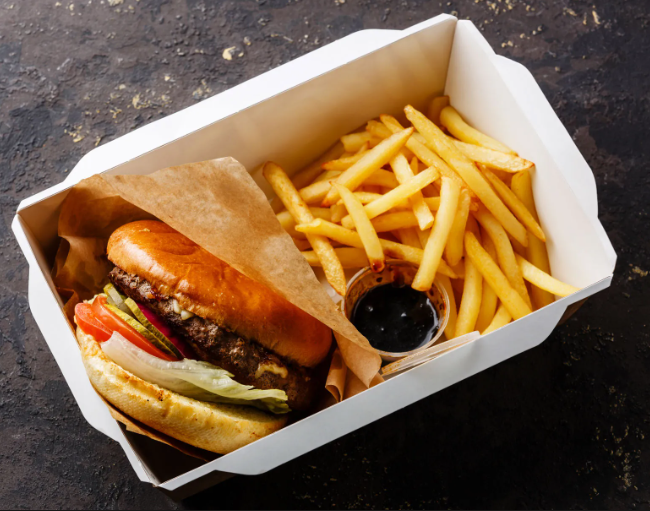You should watch what you eat and avoid anything that could have a long-term negative impact on your heart health.
The high prevalence of cardiovascular disease on a global scale is caused by excessive consumption of food high in harmful fats and trans-fats, primarily ultra processed junk food. The simplest and most efficient strategies to maintain heart health, according to experts, are to maintain an active lifestyle and eat a balanced diet.
A nutritionist from Bengaluru named Palak T Punamiya tells how vital it is to practice good eating and snacking habits because even the seemingly insignificant things we eat have an impact.
Consuming foods heavy in harmful elements like saturated and trans fats or excessive salt may raise the chance of developing heart disease. Additionally, eating certain foods may result in obesity and diabetes, both of which raise the possibility of getting heart disease.
Foods that you should avoid for a heart health
1-Red meat

Also read-Five Things To Focus On For Losing Weight After Pregnancy
Red meat is thought to be unhealthy for the heart because it includes high levels of LDS (low-density lipoproteins, or bad cholesterol), as well as triglycerides (a form of fat), according to Dr. Thejaswi N Marla, cardiothoracic vascular surgeon at Fortis Malar Hospital in Chennai. According to experts, eating red meat over time may have a negative impact on your heart. Dr. Rajebahadur advises substituting chicken or fish because they include healthy levels of polyunsaturated fatty acids and antioxidants.
2-Bread and other bakery items

Punamiya explains that baked food is a good option at home but when you get something from outside, they are processed baked food and they use refined flour (maida) which is unhealthy and has high amounts of carbohydrates. “Whole grain bread, brown bread, or atta free bread can be consumed instead,” says Dr Rajebahadur.
Experts advise that it is best to avoid bread and other bakery items. “There are salts and other ingredients mixed to increase the shelf life of bread and to make it fluffier,” says Dr Marla. He adds that this will interfere with your regular metabolic cycles and affect your body and metabolic health in the long run.
3-Ice cream and chocolates

Ice cream and chocolates contain a high amount of sugar, carbohydrates and bad fat. “Most of these are empty calories (little or no nutritional value) which are difficult to burn, and over a period of time, it can impact your heart health,” says Dr Rajebahadur. He adds that occasional consumption of chocolates or ice cream are fine, but it should not be a part of your eating habits or diet.
Dr Marla adds that the recommended consumption of ice cream would be one scoop, once a month. “Even though it is fine to have it in moderation, since it is packed and processed, it is always better to avoid it,” says Punamiya.
4-Oil

According to experts, it is better to stay away from oils that are heavy in saturated fats. Consider coconut oil, which has a high saturated fat content and may also cause your LDL cholesterol levels to increase. “Cold pressed oils are a better option for someone with a cardiac issue,” claims Punamiya. They raise HDL levels, a beneficial form of cholesterol.
Dr. Marla, however, asserts that there is no good oil and that all oils are toxic to some extent. Any cooking oil should only be used in a little amount, he continues.
5- Frozen, packed and fast food

Avoid foods that are already prepared, bottled liquids, canned goods, salted butter, fast food, processed cheese, and preserved meat because they are also high in carbs and cholesterol. Additionally, sauces and pickles should be avoided. According to Dr. Rajebahadur, “It is never a good option because they contain high amounts of unwanted substances like excessive salt or other preservatives.” He continues by saying that these dishes are often fried, making them extremely harmful.
also read-Articles On Organ Transplantation From The Entire Nature Portfolio
images source -google




































